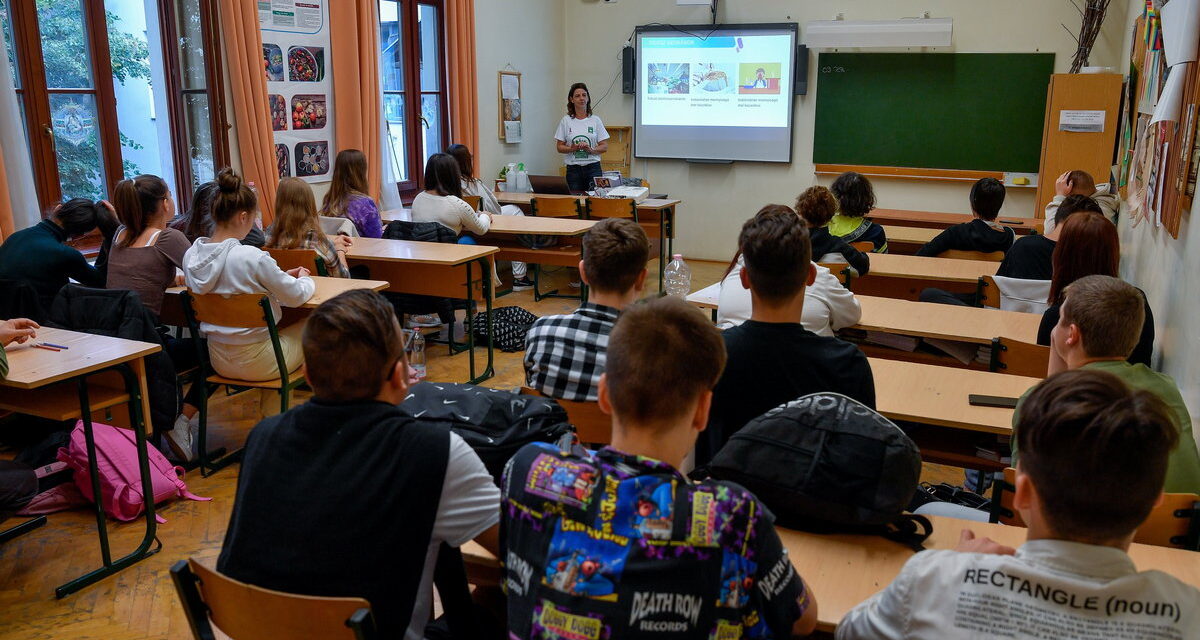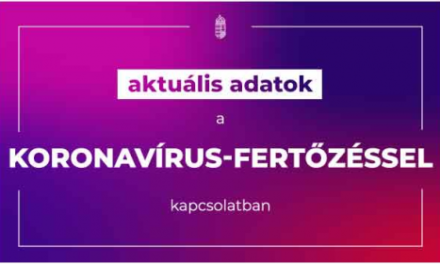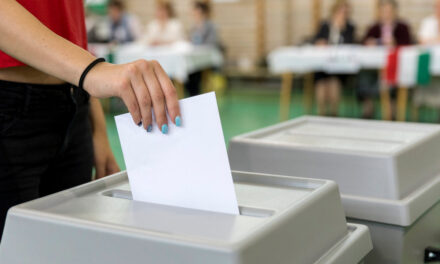The government's list of prohibited items that will be prohibited from being brought into schools or dormitories was published on Thursday. These include knives, guns, alcohol, but also mobile phones, smart watches and even energy drinks. The devices will have to be returned every morning for the duration of the school day. The decree enters into force on September 1, 2024.
At noon on the day after the election, Deputy Prime Minister Zsolt Semjén presented a new package of proposed amendments to the law. The Parliament accepted the petition a day later, with the majority of the ruling parties, using an exceptional procedure.
The package included, among other things, the possibility of restricting the use of mobile phones in schools and dormitories, as well as the entry and exit systems to be introduced in health institutions, as well as the fact that from October the National Ambulance Service will take over the role of home and pediatric on-calls in Budapest.
Perhaps most importantly, schools and colleges will now have a "prohibited items list" - most likely based on previous attacks such as a felony stabbing - to comply with which teachers and school guards will have the right to search students' bags and lockers.
In addition, they plan to introduce a central regulation for the use of mobile phones, since until now the head of the institution was responsible for restricting the use of mobile phones.
In some classes, the teachers could decide that mobile phones, laptops or even tablets were necessary for handing in the course material, but there was no centralized system of rules for this. So far. According to the government, this is necessary because the mobile phone distracts the students' attention during classes and "leaves room for school bullying" .
Prohibited and restricted items
On Thursday, the draft was published on the government's website, which would come into effect as early as September of this year due to the practice of decree governance referring to the state of war. According to the document, the goal is to prevent individual acts of violence in public education institutions, as well as to protect the physical and mental health of students.
According to the draft, there will be "prohibited" and "restricted objects" in educational institutions.
items include devices that are particularly dangerous to public safety and certain activities related to them" . This also includes all items whose possession is punishable by law or the Penal Code, and all products that cannot be purchased by anyone under the age of 18.
Prohibited items include, but are not limited to: stabbing or cutting tools with a stab length of 8 centimeters or a cutting edge; throwing star; spring knife; drawn bow; harpoon gun; sling; sling-shot; lead washing stick; gas spray, electric shock; mechanical or electric lock-opening mechanisms; alcohol; tobacco product; energy drink; drug.
Items restricted in use include telecommunications devices - especially mobile phones -, devices capable of recording images or sound, and smart devices capable of accessing the Internet.
These will not be used
• the whole school day in grades 1-8 of primary school,
• high school grades 5-12. whole school day in his grade,
• the vocational high school grades 9-13. whole school day in his grade,
• in the dormitories during the sessions,
• during the sessions, lessons and the time spent in the institution in all grades of the elementary art school,
• and in all grades of the vocational school during the sessions, lessons and the time spent in the institution.
The objects must be handed in at the beginning of the school day for the duration of the school day, and during that time the object must be stored in a locked place. According to the draft government decree, "the received object must be returned in the condition according to the date of receipt".
Possession of restricted items may be authorized by the director or the teacher, but in any case, they must record this in the study system and provide an account of the purpose of possession and use, the period of validity of the permit and the object that can be possessed. Therefore, the use of a laptop, tablet, or mobile phone may be permitted for the purpose of studying in some classes. If a prohibited object is found on the student
In addition, according to the plan:
• If the student has a prohibited object on the territory of the educational institution, the teacher is entitled to check compliance with the rules by calling on the student to prove that the prohibited object is not in his possession, and at the same time notifying the person involved in maintaining the order of the educational institution , the general police agency, and the student's parent.
• If there is information indicating that the student is in possession of an object prohibited on the territory of the educational institution or an object whose use is restricted without permission, the teacher is entitled to check compliance with the rules by primarily calling on the student to hand over the object, and - if does not hand over the object despite this - calls on the student to prove that he is not in possession of the prohibited or restricted object.
• If the student keeps a prohibited object or an object restricted in its use without permission during the teaching or dormitory session, it will be taken from the student by the teacher.
The government is preparing to ban energy drinks
Previously, KDNP representatives initiated a ban on the distribution of energy drinks to those under 18 years of age. Another draft regulation that would regulate the issue was published on the government's website about a week ago.
"210/2009 on the conditions for conducting commercial activities. (IX. 29.) On the amendment of the government decree related to the protection of the health of children and adolescents" draft decree was published on the government's website.
In this, it would be stated that non-alcoholic drinks falling under VTSZ number 2009 or 2202 cannot be sold or served to persons under the age of eighteen.
contains at least 15 milligrams per 100 milliliters of any compound belonging to the group of methylxanthines, or contains methylxanthine and any of the following substances:
• ginseng,
• L-arginine,
• inositol,
• glucuronolactone,
• taurine.
With the entry into force of this draft, the sale of energy drinks will be prohibited and may already be added to the list of prohibited items at school.
Previously, KDNP representatives - István Hollik and Lőrinc Nacsa - initiated the restriction, and submitted their bill to the parliament.
Featured image: MTI Zsolt Czeglédi













